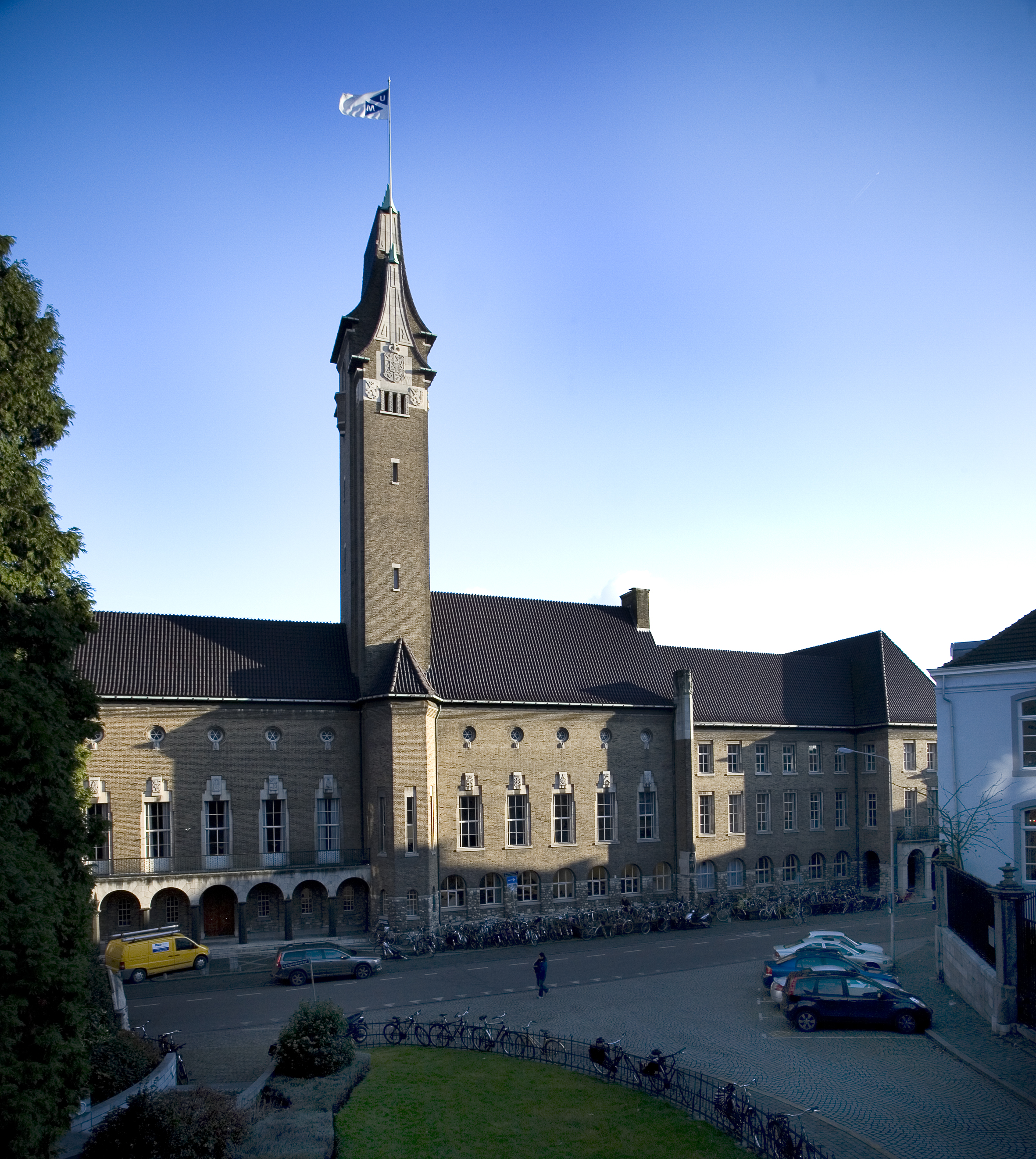MIPEX
Maastricht University – Faculty of Law is a partner of the project “Integration policies: Who benefits? The development and use of indicators in integration debates” (MIPEX 2015) led by the Barcelona Centre for International Affairs (CIDOB), and the Migration Policy Group (MPG). The project aims to inform and engage key policy actors about how to use indicators to improve integration governance and policy effectiveness.
- To identify and measure integration outcomes, integration policies, and other contextual factors that can impact policy effectiveness
- To describe the real and potential beneficiaries of policies in seven key areas, namely employment, education, political participation, access to nationality, family reunification, long-term residence, and anti-discrimination.
- To collect and analyse high-quality evaluations of integration policy effects.
The key research outputs will be an interactive website building on the successful MIPEX website and an E-book presenting all the data through easy-to-use country profiles, analysis, and databases. This data will be calculated separately for every country and for each of the seven policy areas. In order to deliver these outputs, the MIPEX team will:
- Update policies - the project will provide detailed and comparable accounts of the most recent policy changes, building on the baseline data gathered in the MIPEX research. A new strand on health will be added in partnership with the COST/ADAPT research network and the International Organisation for Migration.
- Collect and analyse statistical information on policy outcomes, context, and beneficiaries.
- Identify and analyse evaluations of policy effects in at least 10 Member States.
- Publish and disseminate the results - press campaign will be organised in all 28 EU Member States and in-depth policy debates in at least 12. At the final event in Brussels, the results of the research, evaluations and national debates will be presented, aiming to link national with European debates and the Stockholm Programme with the Europe 2020 strategy.
The project “Integration policies: Who benefits?” is co-funded by the European Fund for the Integration of Third-Country Nationals. The project started in November 2013 and will finish in April 2015.
The project will conduct a complete review of integration outcomes, policies, and beneficiaries in the 28 EU Member States. In addition, the project aims to include other countries, Norway, Switzerland, South Korea, Japan, and major OECD countries of immigration, such as Australia, Canada, New Zealand, and the US (at the costs of partners in these countries).
| Country | Institute |
|---|---|
| Austria | Beratungszentrum für Migranten und Migrantinnen |
| Belgium | GERME, Free University of Brussels (ULB), MPG |
| Bulgaria | OSI |
| Croatia | Institute for migration and ethnic studies |
| Cyprus | CARDET |
| Czech Republic | Multicultural Centre Prague |
| Estonia | Institute of Baltic Studies |
| Finland | Institute of Migration |
| France | France Terre d'Asile |
| Germany | Boell Foundation |
| Greece | Hellenic Foundation for European and Foreign Policy - ELIAMEP |
| Hungary | ICCR Budapest Foundation |
| Ireland | Immigrant Council of Ireland |
| Italy | ISMU |
| Latvia | Centre for Public Policy PROVIDUS |
| Lithuania | Lithuanian Social Research Centre |
| Luxembourg | Association de Soutien aux Travailleurs Immigrés (ASTI) |
| Malta | The People for Change Foundation |
| Netherlands | Maastricht University |
| Poland | Institute of Public Affairs |
| Portugal | Centre for Geographical Studies, University of Lisbon |
| Romania | Soros Foundation Romania - OSI |
| Slovakia | Institute for Public Affairs |
| Slovenia | Peace Institute |
| Spain | Barcelona Centre for International Affairs (CIDOB) |
| Sweden | Swedish Red Cross |
| UK | COMPAS |
